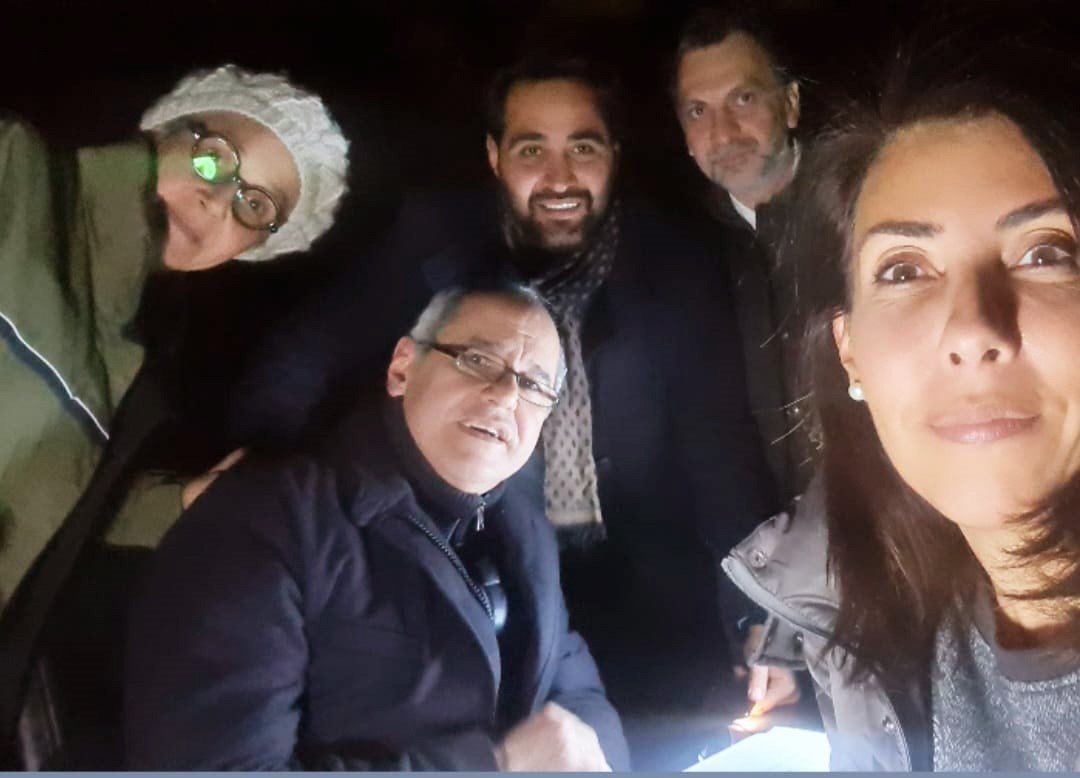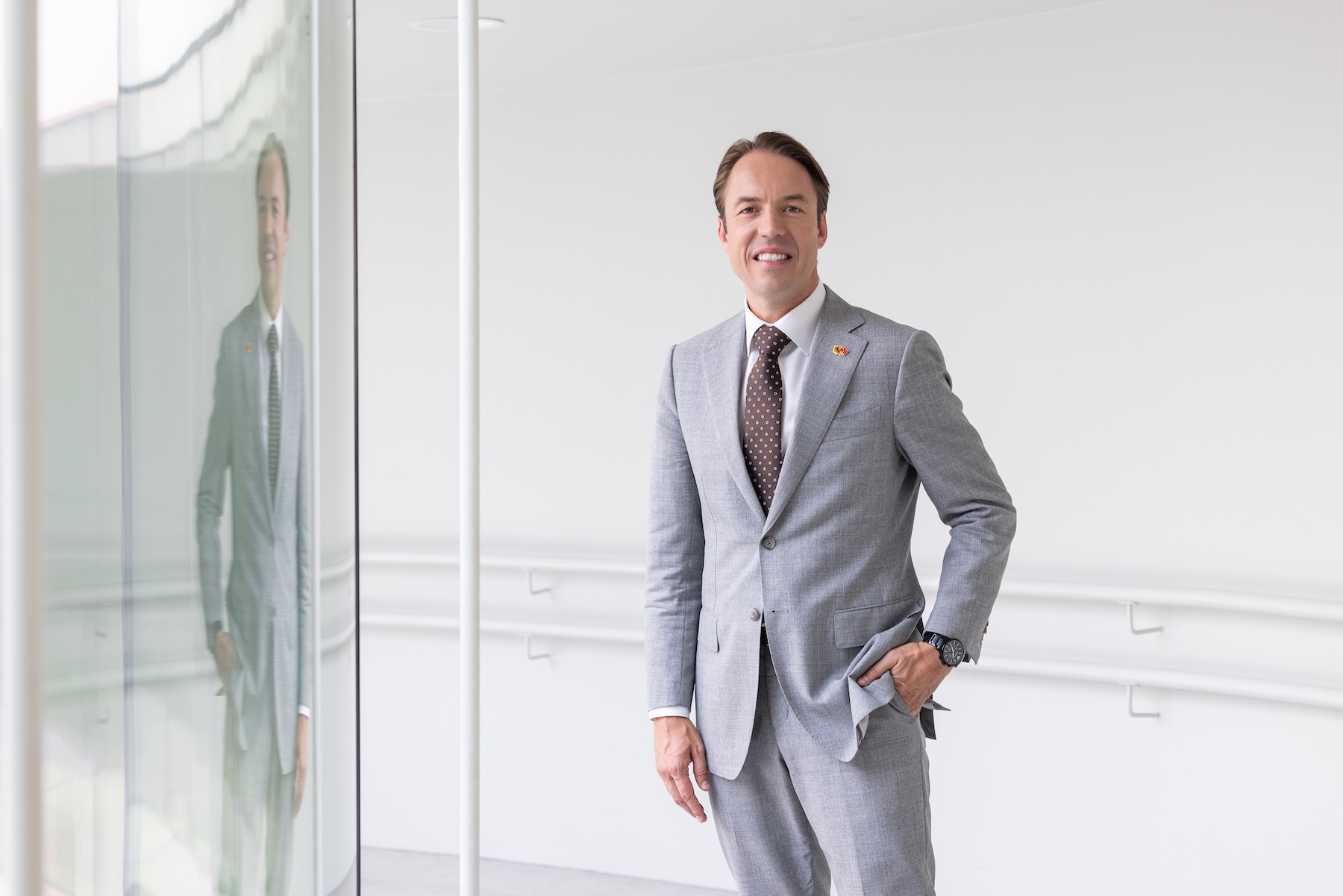
One of the oldest democracies in the world is being held to ransom by a large group of politicians in Lebanon. Lebanon is facing humiliation worldwide, with people dying of cancer and being unable to access medication. Babies are not being fed because the economy has collapsed, so there is no money to buy formula, and the average wage has dropped from $1500 to $40 a month.
By Daizy Gedeon and Ian Pelham Turner
Only one thing is necessary to move the country out of its stalled and sorry state. For the 128 Members of Parliament (MPs) to return to parliament, elect a president, appoint a government, and then finalise a deal with the International Monetary Fund to restart the economy.
“Our country can get back on track if all the elected representatives abide by the Lebanese Constitution and return to parliament, and continuous voting sessions are allowed to be held until we elect a president,” Melhem Khalaf said, the former head of the Beirut Bar Association and one of the two Change MPs leading a sit-in in parliament, which began on January 19.
“We all need to work together to create the Lebanon that our people are demanding of us to provide them,” he said.
Dr Najat Saliba, an American University of Beirut professor and the only other Change MP to have taken up residence in the parliamentary chamber with Khalaf, has not missed a single night despite the lack of electricity, running water, and normal amenities, and defying the below Zero temperatures, and an earthquake, to ensure their stance for democracy resounds globally.
Dubbed “the lady with fire in her eyes”, lit only by candles, Dr Saliba explained the stalemate and limbo the country was currently facing, with no laws or bills able to be passed due to the power vacuum, which was causing untold hardships on the people.
“In Lebanon today, malnutrition of children is on the rise, poverty has reached a staggering 82% according to the World Bank, cancer patients are on their deathbeds, kids are on the streets because their parents can’t afford to pay for their tuition and all because of the political ethics of some of the MPs,” she said.
Dr Saliba, a global laureate who was awarded the L’Oreal-UNESCO Award for Women in Science in 2019, made a plea to people across the world to help them in their defence of democracy.
“I sit here only with the heat of one candle, but that is my shining light for the future of my country. I call on people worldwide to help us make change for our people by calling on your governments to support our actions and our democratic institutions to end the hell our people are enduring,” she said.
Since September 29, 2022, about one month before the former president, Michel Aoun, vacated the presidency on October 31, 2022, when his six-year term ended, parliament held 11 sessions to elect a new president, with the last session conducted on January 19, 2023.
Under Article 49 of the Lebanese Constitution, a qualified majority of two-thirds of the members of the Lebanese Parliament is required to elect the president in the first round. If no candidate reaches that threshold, further rounds should be held continuously, according to the Constitution, to prevent a power vacuum. In those following round/s, only a simple majority of 65 deputies are required to elect the president.
However, according to analysts, the Speaker of the House and leader of the Amal Party, Nabih Berri, has refused on 11 occasions to allow a second or further round to be conducted to enable his allies, primarily the Hezbollah Party and the Free Patriotic Movement, to resort to quorum-busting.
Dr Saliba, the first female MP to have ever led a vigil in the Lebanese parliament, sits in a darkened building night after night with her fellow compatriot. She has turned down opportunities worldwide, including speaking as the keynote speaker at the Sustainable Development Conference in Oman in late January so as not to break the vigil. The defence of her country comes before honour for herself.
Supported by only a few other reformist Change MPs, including Paula Yacoubian, Firas Hamdan, Ibrahim Mneimneh, Halime Kaakour, and Cynthia Zarazir, who drop in for a few hours daily to bring care packages, warm clothes, and blankets and lend moral support, the lawyer and the professor, remain defiant that they will not return to their beds until the parliament returns to session. The deputies can vote for a president and end this crisis for their people.
Daizy Gedeon is a multi-award-winning filmmaker, journalist, and entrepreneur. She started her career as a journalist working with international news organizations including News Corp in Australia, The Times Group and Channel 4 News in London and has covered major global and regional issues including the signing of the Israel-Jordan Peace Treaty. Her recent documentary film ENOUGH! Lebanon’s Darkest Hour, which was released in Cannes in 2021, has won more than 27 film festival awards globally.
Ian Pelham Turner is an international TV broadcaster and journalist with over 56 years in news reporting. He has a history of over 3000 shows with major TV networks specialising in the Royal Family, politics, business, tourism and promoting Great Britain. One of his TV shows attracts a global audience of over ONE BILLION people.




